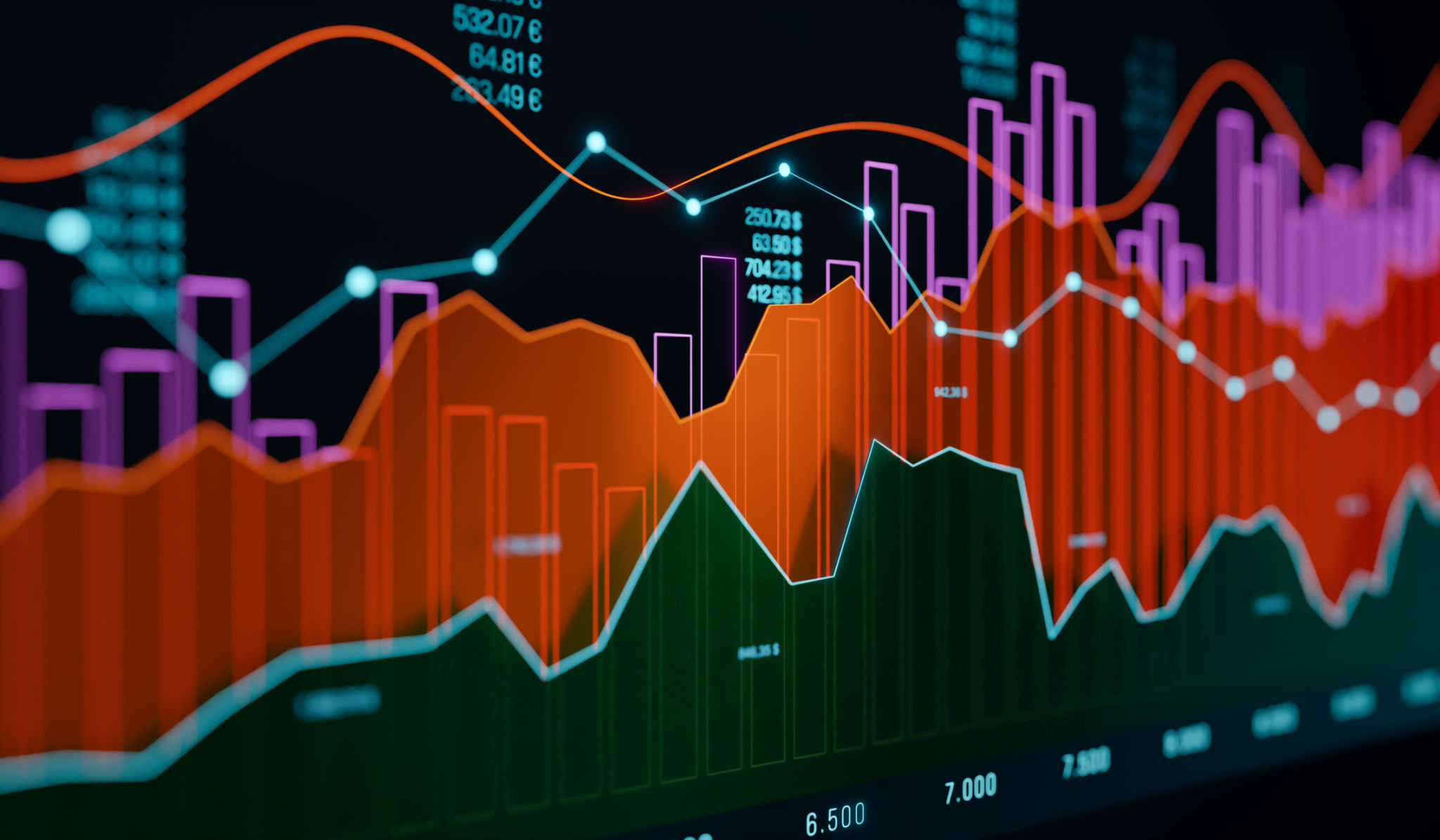How to Trade Stocks and Forex in Egypt: A Beginner’s Guide
m_
Understanding the Basics of Stock and Forex Trading
Trading stocks and forex in Egypt can be a rewarding endeavor, but it requires a solid understanding of the basics. Stocks represent ownership in a company, and trading them involves buying and selling shares on an exchange. In contrast, forex trading involves exchanging one currency for another in the foreign exchange market. Both markets offer opportunities for profit but come with inherent risks.

Getting Started with Stock Trading
To start trading stocks in Egypt, you need to open a brokerage account with a licensed broker. It's crucial to research and choose a broker that offers a user-friendly platform, competitive fees, and reliable customer service. Once your account is set up, you can begin buying and selling shares of various companies listed on the Egyptian Exchange (EGX).
When selecting stocks, consider factors such as the company's financial health, industry trends, and economic conditions. Diversifying your portfolio by investing in different sectors can help mitigate risks. Additionally, staying informed about market news and trends will enable you to make more informed investment decisions.
Exploring Forex Trading in Egypt
The forex market is the largest and most liquid financial market in the world. For beginners in Egypt, understanding the fundamentals of currency pairs is essential. Forex trading involves buying one currency while simultaneously selling another. The most traded pairs include the EUR/USD, GBP/USD, and USD/JPY.

To participate in forex trading, you must open an account with a reputable forex broker. Look for brokers offering platforms with advanced charting tools, low spreads, and educational resources. Leverage is a unique feature of forex trading, allowing traders to control larger positions with smaller amounts of capital. However, it's important to use leverage cautiously to avoid substantial losses.
Developing a Trading Strategy
Whether trading stocks or forex, having a well-defined strategy is key to success. A trading strategy should include clear entry and exit points, risk management rules, and specific financial goals. Traders often use technical analysis, which involves studying charts and patterns to predict price movements, alongside fundamental analysis, which focuses on economic indicators and news events.

Backtesting your strategy on historical data can help determine its effectiveness before applying it in real-time trading. It's also advisable to start with a demo account to practice your strategy without risking real money. This experience will build confidence and help refine your approach.
Managing Risks and Emotions
Risk management is a critical component of successful trading. Set stop-loss orders to limit potential losses and avoid over-leveraging your positions. It's also essential to manage your emotions; fear and greed can lead to impulsive decisions that may result in losses. Maintaining a disciplined approach will help you stay focused on your long-term goals.
Regularly reviewing your trades and learning from both successes and failures is crucial for continuous improvement. Consider keeping a trading journal to track your performance and identify areas for growth.
Leveraging Educational Resources
Numerous educational resources are available for beginners looking to trade stocks and forex in Egypt. Online courses, webinars, books, and seminars can provide valuable insights into market dynamics and trading strategies. Engaging with online communities and forums can also offer support and knowledge sharing from experienced traders.
Ultimately, patience and perseverance are vital as you embark on your trading journey. By continuously educating yourself and adhering to a disciplined approach, you can enhance your trading skills and increase your chances of success.